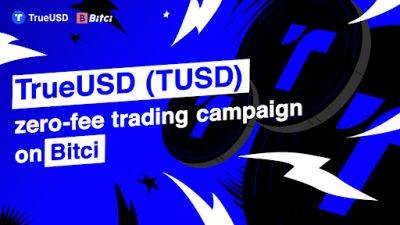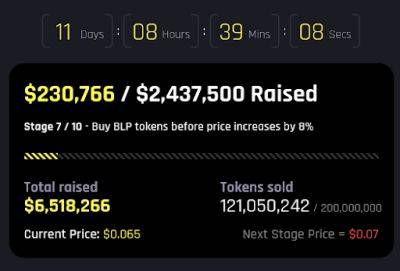Venezuela’s Oil Giant Turns to Crypto as US Sanctions Bite Again
Prompted by renewed US oil sanctions, Venezuela’s state-controlled oil company PDVSA intends to boost its use of digital currencies in crude oil and fuel exports, Reuters reported on Monday.
The development follows reimposed sanctions on Venezuela’s oil industry after the Biden administration last week refused to renew a license easing restrictions.
This forces companies to wind down transactions by May 31 under a general license. It also makes it harder for Venezuela to export oil. The sanctions are a response to President Nicolas Maduro’s failure to fulfill commitments made after an election deal.
Reuters reported that PDVSA has been quietly increasing its use of digital currency, particularly Tether (USDT), for oil sales since last year. The move aims to avoid frozen accounts due to US oil sanctions, according to Reuters.
Venezuelan oil minister Pedro Tellechea confirmed the country’s openness to using various currencies, including virtual assets, in oil contracts.
The oil market has historically revolved around the US dollar. This dominance stems from the “petrodollar” arrangement established in the 1970s. As a result, oil prices are universally quoted invoiced in US dollars, solidifying its position as the standard currency for oil transactions.
Venezuela’s oil exports have seen a resurgence under its new oil minister Tellechea. This is despite a corruption scandal at PDVSA uncovered last year involving $21b in oil export receivables (including past crypto transactions).
Exports reached a four-year high of 900,000 barrels per day in March, buoyed by US licenses permitting sales. PDVSA has shifted to a new contract model for spot oil deals to mitigate risk from potential future sanctions. Under this model, the firm
Read more on cryptonews.com




















